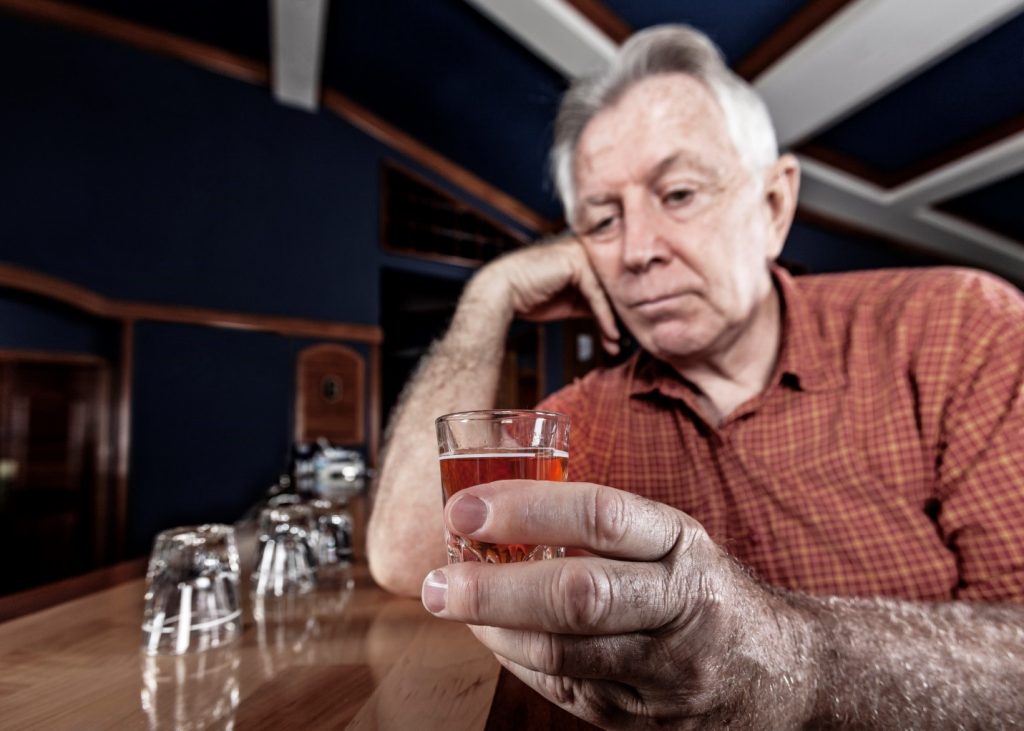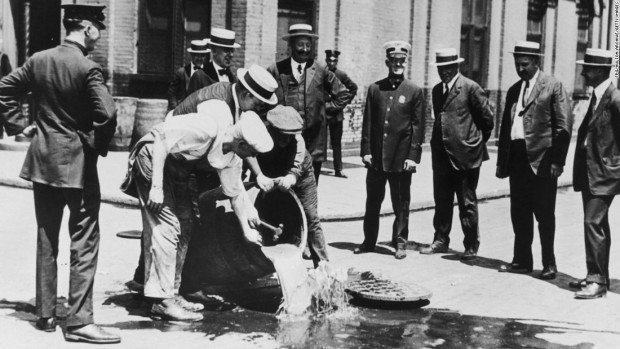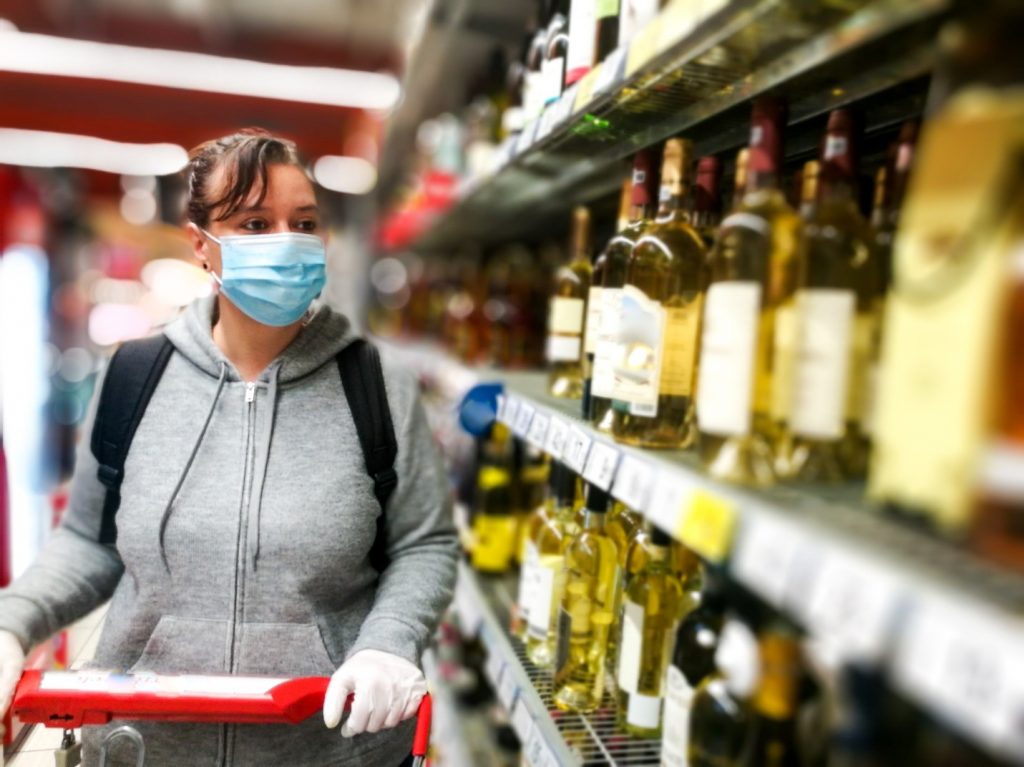
By Dr. Mark Creech
Christian Action League
May 7, 2020
Recently, I read a few pages in The Christian Moral Vision, a book that was written several years ago and was mostly meant for those who identify with the Episcopal Church. The book laid out the nature of the moral life of the Christian, and the pages of interest delineated the church’s position on what it called “The Conventional Vices.”
The first paragraph under that heading certainly hooked me, for it said everything that I wished lawmakers, even church leaders, would consider. It read:
“At an earlier time, the discussion of Christian behavior would have focused on certain vices: drinking, smoking, gambling. In some circles, even dancing, card playing, and movies would have been condemned as “worldly amusements.” We have largely rejected such prohibitions because we have regarded them as petty and meaningless. That rejection may have been premature; perhaps the time has come for us to reassess our attitude toward some of these matters, not in the spirit of killjoy but in frank recognition of the consequences of our behavior for ourselves and for others as well.”
After reading this, I thought to myself, what a profound and powerful statement, especially coming from an Episcopalian publication. Even the joint authors of the book lightheartedly describe their own denomination as “the drinking man’s church,” and referenced the repeated witticisms about “whiskeypalians” and jokes like, “Wherever there are four Episcopalians, there is sure to be a fifth.” But that was the point the authors were driving home – the proclivity to take a perverse pride in such remarks and fail to mention “the price of it all.”
The book gives a brief history of the Prohibition movement and the adoption of the Eighteenth Amendment to the Constitution in 1919. It then provides the following thread:
“Some reform was surely in order, but Prohibition was strong medicine. Americans were the hardest drinkers on the face of the earth. Foreign visitors frequently reported, with awe and amazement, that an American would reach for his whiskey jug the first thing rising in the morning, even before breakfast. It is no accident that our first major internal conflict was the Whiskey Rebellion, a protest against a measure to tax whiskey.
“The effects of Prohibition were ambiguous. We have all heard that prohibition touched off a decade of bathtub gin, bootlegging, speakeasies, gangsters – the Roaring Twenties, in brief. The conventional wisdom maintains that, since alcohol was ‘forbidden fruit,’ many people, especially the young, began drinking when otherwise they would not have.

“That may (or may not) be true, but it is also true that, even long after the repeal of prohibition in 1933, we had not returned to the high level of alcoholic consumption that had been reached before prohibition…
“Alcohol made its biggest comeback after World War II as our postwar affluence increased the amount and kind of drinking. Scotch and bourbon replaced the cheaper blended whiskeys. The martini reigned supreme. Business, government, and university ran on alcohol. Lush lunches, cocktail parties, receptions, meetings – all were well oiled, but not by oil.
“Restrictions on the use of alcohol began to break down. Liquor-by-the-drink became universally available; Sunday drinking spread. Churches that opposed drinking were no longer attacked; they were merely dismissed as ‘uncool.’ Drinking became pervasive in American society.
“The results of this development were predictable. Alcoholism is now a major health problem… It seems clear that, as a people, Americans drink too much. We create a climate in which others are encouraged to drink and to increase their drinking. Our overuse of alcohol brings unnecessary grief to ourselves and others. Perhaps we can defend that use, but, in the light of its consequences, the burden of proof must rest upon the user.”

Of course, drinking has been at an all-time high during the coronavirus crisis. People are anxious about COVID 19, money, their jobs, and other serious concerns. So they turn to booze to cope, with sales surging by 55%. Online sales are up by 243%. Such abuse of alcohol is indicative of a faithless and prayerless people.
In his book, Answers to Life’s Problems, the late Dr. Billy Graham admonished: “Do not seek solace in alcohol. Alcohol obscures good judgment and leaves you unable to think clearly or understand what God is trying to say to you.”
But the wrongful use of alcohol has been a severe health issue in this country long before COVID 19. According to a press release back in January of this year, the National Institute on Alcohol Abuse and Alcoholism reported that nearly 1 million people died from alcohol-related causes between 1999 and 2017. Almost half of the alcohol-related deaths resulted from liver disease or overdoses on alcohol alone or with other drugs.
“Alcohol is not a benign substance, and there are many ways it can contribute to mortality,” said NIAA Director Dr. George F. Koob. “The current findings suggest that alcohol-related deaths involving injuries, overdoses, and chronic diseases are increasing across a wide swath of the population. The report is a wake-up call to the growing threat alcohol poses to public health.”
Quite frankly, I’ve not mentioned in this article a fraction of that growing threat – even while lawmakers each year reduce restrictions on alcohol sales and availability, which have proven to curb alcohol-related harms.
Isn’t it time we stop being so dismissive of alcohol control measures? Isn’t it time that we take seriously the “price of it all.” Isn’t it time that we stop rejecting such concerns as petty and meaningless? Isn’t it time that all of us, people of faith, and government policymakers recognize that our “rejection may have been premature; perhaps the time has come for us to reassess our attitude toward some of these matters, not in the spirit of killjoy but in frank recognition of the consequences of our behavior for ourselves and for others as well.”
Isn’t it time?
